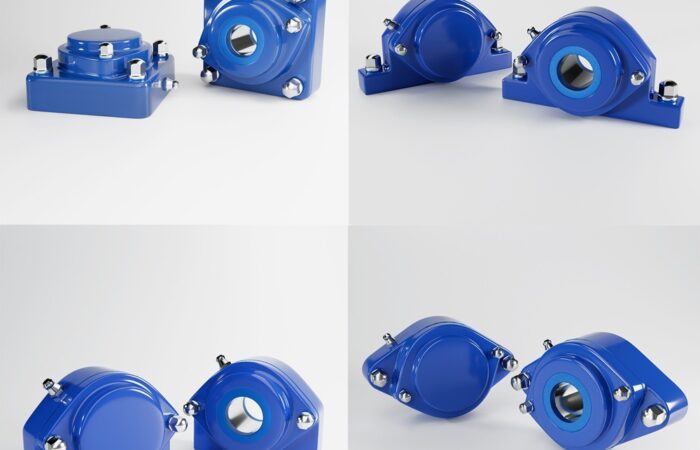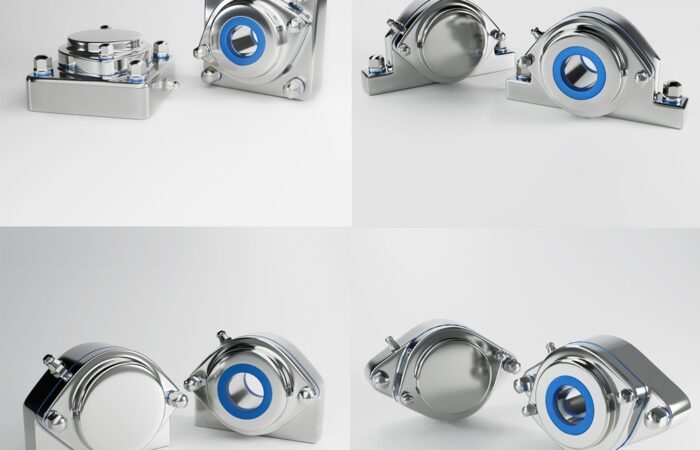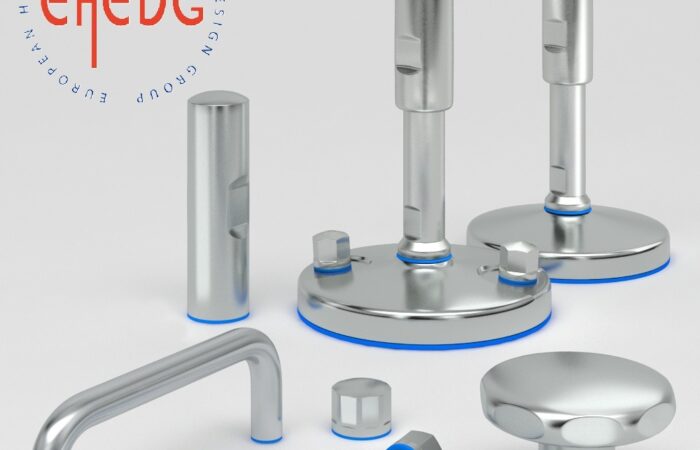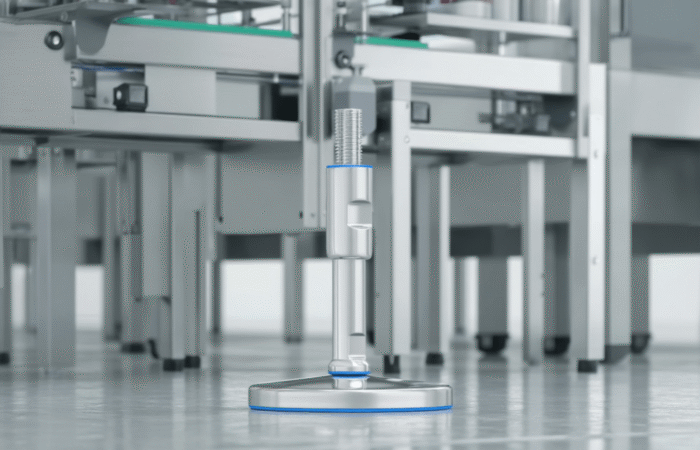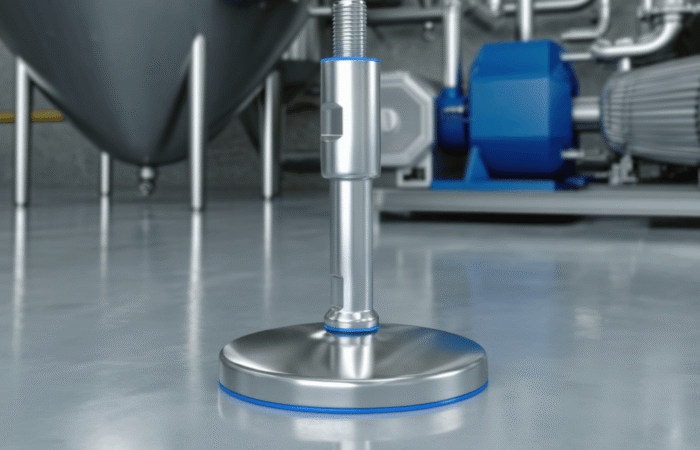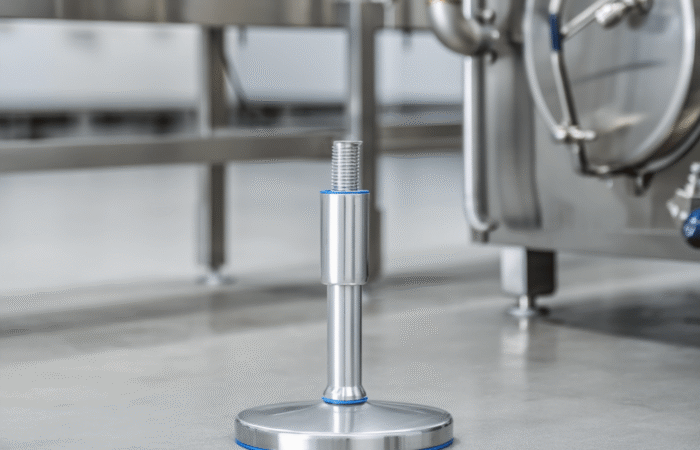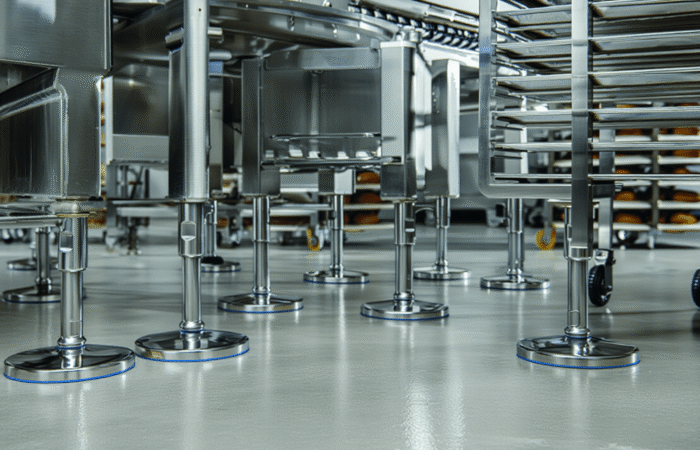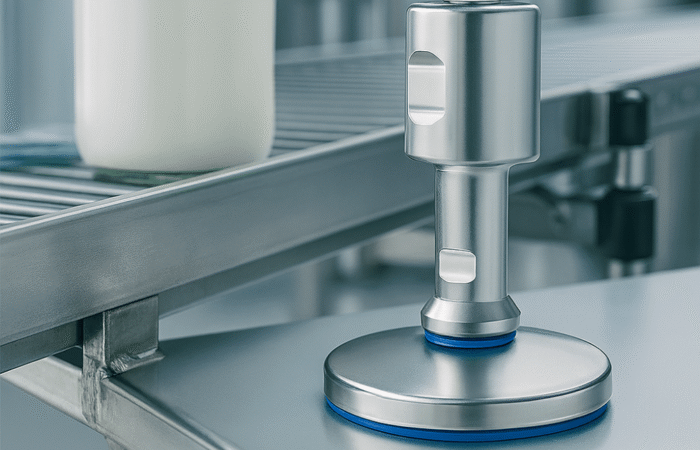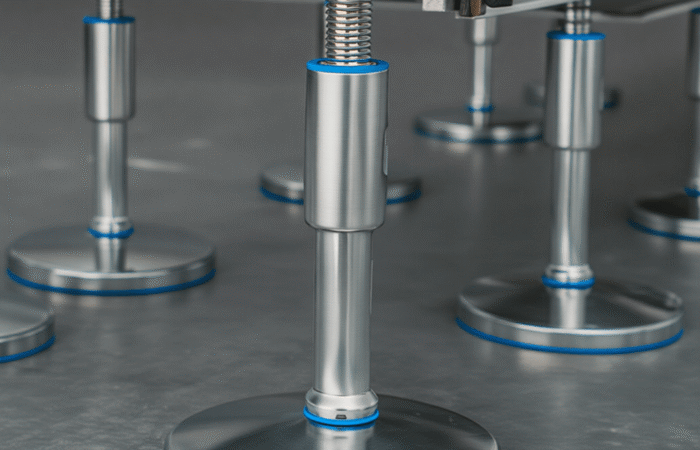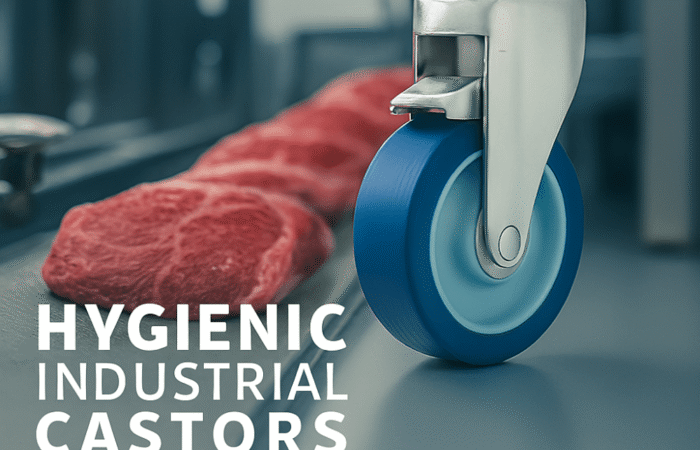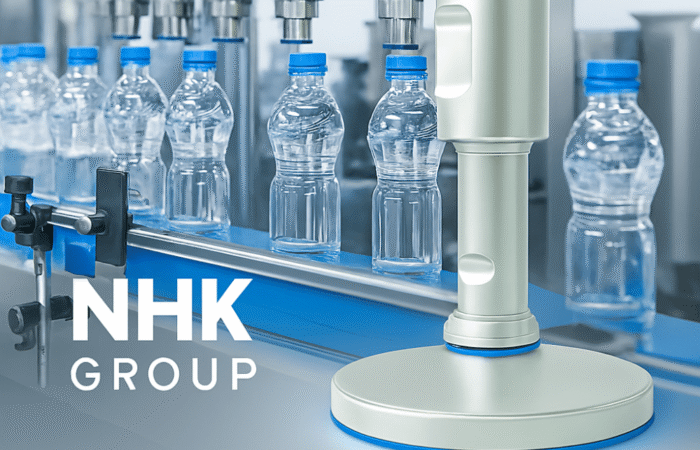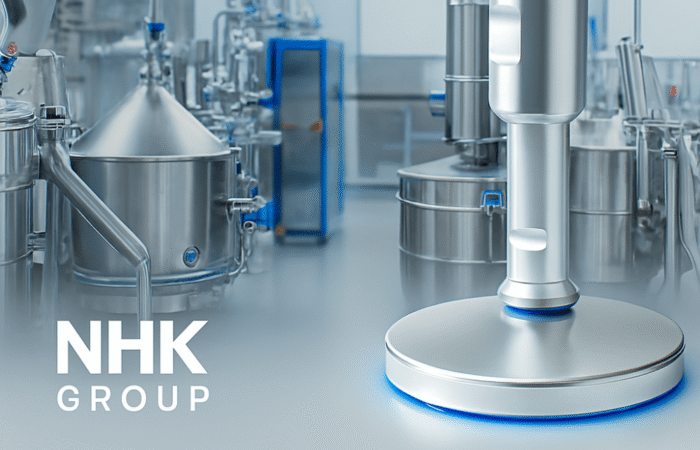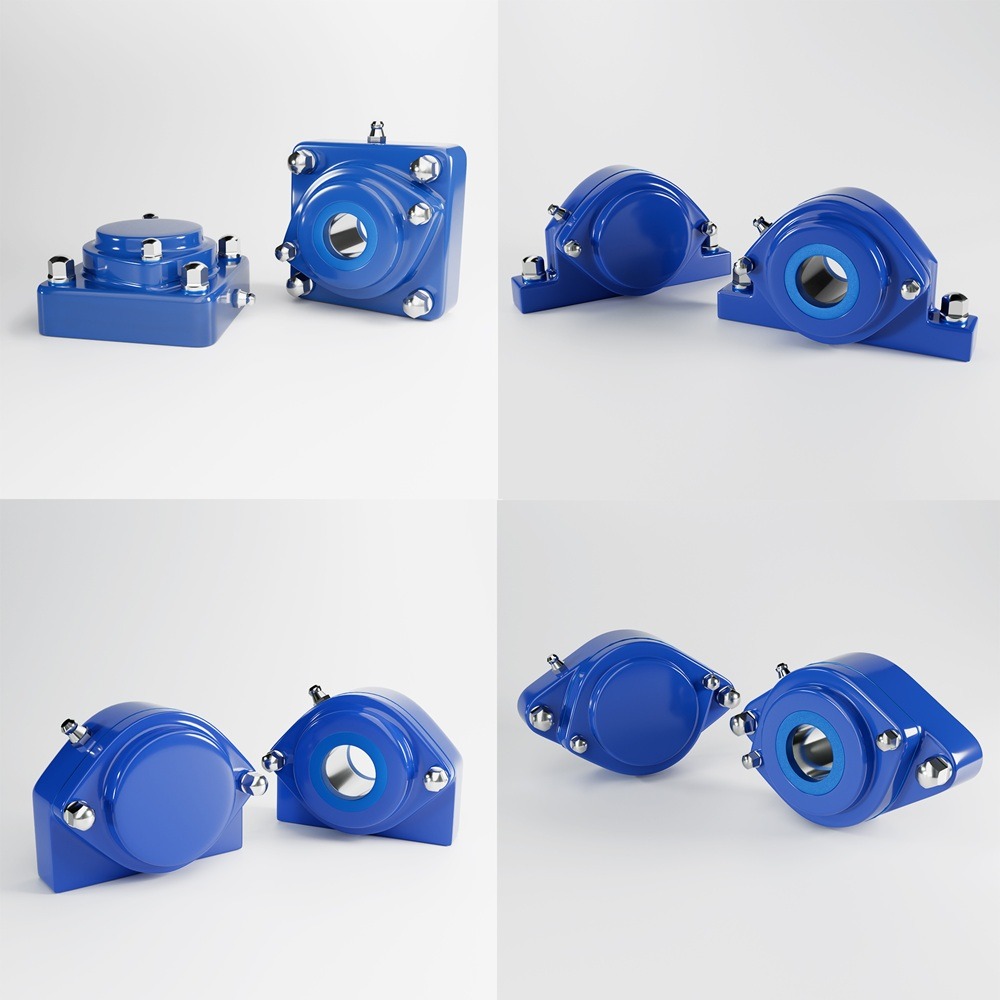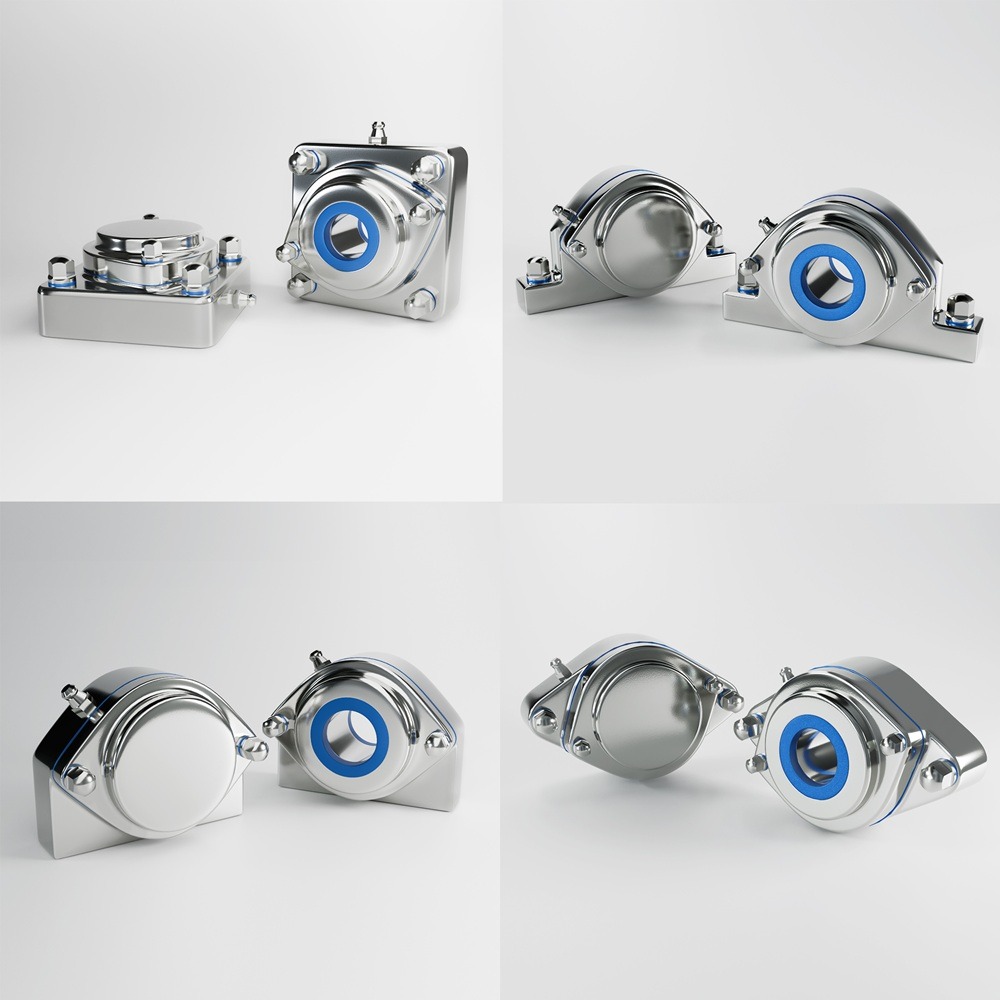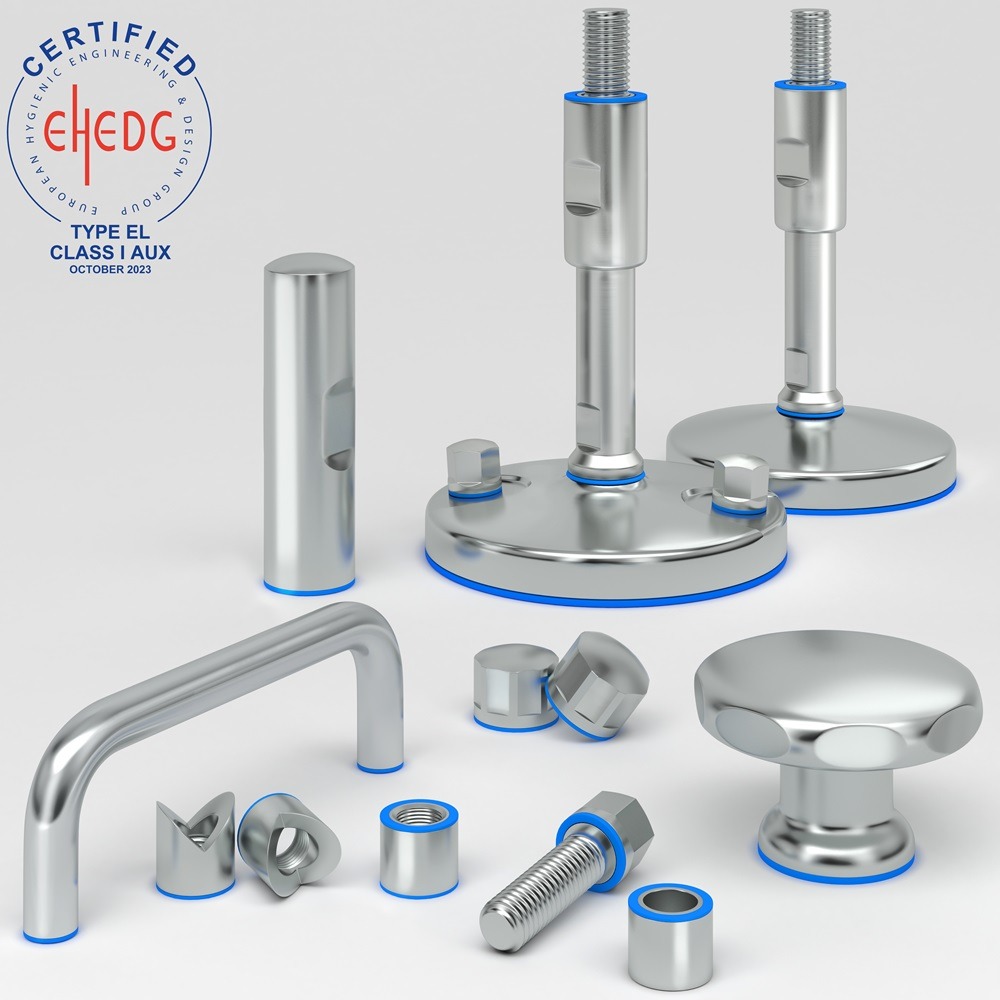
Stainless Steel Certified Conveyor Parts for Diverse Industries
In industries such as packaging, food processing, pharmaceuticals, and more, maintaining high standards of hygiene, durability, and efficiency is critical. Strategically planning and developing operational processes around certified stainless steel conveyor parts offers a robust solution for businesses aiming to streamline production while ensuring compliance with safety and hygiene regulations. This article delves into how stainless steel conveyor components enhance operations in these industries and why investing in certified design is essential for long-term success. Certified stainless steel conveyor components are becoming a cornerstone in industries where hygiene, durability, and regulatory compliance are paramount. Industries like packaging, food processing, and biotechnology rely on conveyor systems to transport materials and products smoothly and safely through various stages of production. Stainless steel conveyor parts stand out due to their robust resistance to corrosion, easy cleaning capabilities, and durability, making them an ideal choice for settings where hygiene and efficiency are vital. These certified components support the long-term strategic planning and development goals of companies by enhancing product safety, lowering maintenance costs, and ensuring alignment with stringent industry standards. In food processing and packaging, stainless steel conveyor parts contribute significantly to maintaining product safety. These components withstand high-pressure cleaning, prevent bacterial build-up, and are resistant to corrosion. By implementing certified stainless steel conveyor parts, food manufacturers can streamline sanitation processes and meet industry safety standards. Strategic development in this area not only minimizes the risk of contamination but also reduces the need for frequent replacements, cutting down costs over time. The pet food and baby food industries require high levels of product integrity. Stainless steel’s non-reactive properties ensure that the food products maintain their quality, preventing contamination from contact with conveyor components. Furthermore, stainless steel conveyor parts are highly durable, making them suitable for heavy-duty operations often seen in these sectors. By investing in these certified components, manufacturers can sustain production efficiency while upholding safety standards crucial to these sensitive markets. In the pharmaceutical and medical sectors, the focus on compliance is paramount. Certified stainless steel conveyor components offer an added layer of assurance for maintaining the integrity of products. These parts are designed to be easily sterilized and meet regulatory requirements, supporting companies in their strategic objectives to ensure product purity and safety. Additionally, stainless steel parts reduce the risk of wear and tear, preventing material degradation that could compromise product quality. The chemical and cosmetic industries often handle abrasive or reactive materials that can damage conveyor components over time. Stainless steel’s inherent corrosion resistance provides a significant advantage, especially in environments exposed to strong chemicals or moisture. Certified stainless steel conveyor parts offer long-term durability, ensuring uninterrupted production cycles. This strategic investment also aligns with companies’ goals to maintain high standards while minimizing potential equipment failure, which can be costly in these industries. Biotechnology demands precision and hygiene in its processes. Stainless steel certified conveyor parts support these requirements by ensuring that processes remain clean, safe, and compliant with industry regulations. In a field where cross-contamination must be avoided at all costs, stainless steel’s ease of sterilization and durability are vital. These components allow biotechnology firms to focus on research and innovation while upholding strict operational standards. Certified stainless steel conveyor components signify adherence to specific safety and quality standards, which is essential for regulatory compliance. Certification confirms that the components have been rigorously tested and meet the standards required for their intended use, ensuring that they perform reliably in critical applications. Implementing certified designs in strategic planning provides companies with the confidence that their operational processes are aligned with industry regulations. This foresight in strategic planning ultimately mitigates risks associated with non-compliance, including costly fines, product recalls, and damage to brand reputation. Furthermore, it enhances process efficiency, ensuring that the equipment functions optimally, even under demanding conditions. Investing in certified stainless steel conveyor parts provides organizations with a sustainable competitive advantage. These benefits align with long-term goals for improved operational efficiency, regulatory compliance, and cost savings. Here’s how: Due to their durability and resistance to wear and tear, stainless steel components require less frequent replacement and maintenance. This reduction in maintenance translates to lower operational costs over time, supporting strategic budgeting goals. Certified stainless steel components help improve overall conveyor system performance. This efficiency allows companies to achieve higher production rates without compromising safety or quality, facilitating long-term productivity and revenue growth. In sectors like pharmaceuticals, food, and biotechnology, compliance with industry regulations is non-negotiable. Certified stainless steel components ensure that processes meet strict standards, reinforcing consumer trust in the company’s products and strengthening brand reputation. Stainless steel is recyclable and has a longer lifecycle than many other materials. Companies incorporating certified stainless steel conveyor parts contribute to sustainability efforts, aligning with global movements toward reducing environmental impact and meeting corporate social responsibility objectives. In industries where hygiene, durability, and compliance are critical, certified stainless steel conveyor components offer an invaluable advantage. By strategically investing in these components, companies in food processing, pet food, pharmaceuticals, chemicals, and beyond can enhance operational efficiency, maintain regulatory compliance, and build consumer trust. Moreover, stainless steel’s resilience and sustainability make it a strategic choice for long-term development, aligning with the evolving demands of modern production and quality assurance standards. Stainless steel conveyor parts do more than ensure efficient transport; they serve as an integral part of the industry’s commitment to quality, safety, and sustainability. Industrial machinery requires precision-engineered components that meet exacting standards for durability, safety, and performance. This comprehensive guide explores the essential machinery parts that drive modern manufacturing across food processing, packaging, and chemical industries. Understanding the difference between Plummer Blocks and Flanged Bearings is crucial for engineers and procurement professionals seeking to optimize equipment longevity. Pillow block bearings, also known as plummer blocks, are self-aligning bearing units that simplify installation and significantly reduce maintenance costs. These versatile components mount on machine frames and support rotating shafts with exceptional precision, ensuring smooth operation in demanding industrial environments. Flange bearing units offer a more compact alternative, featuring integrated flanges that enable direct mounting to flat surfaces without additional hardware. Both designs come in various materials, including stainless steel grades optimized for corrosive environments and food-grade applications where hygiene is paramount. The importance of material selection cannot be overstated in machinery design. Type 440 Steel and 420 grades offer distinctly different properties suited to specific applications and environmental conditions. The 440 stainless steel variant provides superior hardness and exceptional edge retention, making it ideal for cutting tools and high-wear applications requiring maximum durability. Meanwhile, 420 stainless steel offers better corrosion resistance and is preferred in food processing equipment where chemical exposure is common. Hygienic stainless steel components have become essential in food machinery, meeting EHEDG standards and facilitating rapid equipment cleaning required in modern food production facilities. Understanding ingress protection ratings is equally critical for machinery durability and operational reliability. IP67 rating ensures protection against dust and temporary water immersion, while IP68 rating provides complete dust protection and sustained water immersion capabilities for submerged operations. The IP69K standard represents the highest protection level, specifically designed for high-pressure wash-down environments found in industrial food processing facilities. These ratings define how effectively machinery components withstand environmental challenges and maintain performance. Modern industrial facilities increasingly demand equipment that combines high performance with ease of maintenance and sanitation. The choice between different bearing types depends on operational requirements, environmental conditions, and budget constraints. Proper component selection ensures extended equipment lifespan, reduced downtime, and improved operational efficiency.Strategic Planning and Development with Stainless Steel Certified Conveyor Parts for Diverse Industries
Strategic Importance of Stainless Steel Certified Conveyor Parts
Key Benefits of Stainless Steel Conveyor Parts Across Industries
1. Enhanced Durability and Hygiene for Food Processing and Packaging
2. Safe Handling and Production Efficiency in Pet Food and Baby Food
3. Compliance with Rigorous Standards in Pharmaceuticals and Medical Industries
4. Corrosion Resistance in Chemical and Cosmetic Industries
5. Supporting Innovation in the Biotechnology Industry
Why Certified Stainless Steel Design Matters in Strategic Planning
Long-Term Strategic Benefits of Stainless Steel Conveyor Parts
1. Reduced Maintenance Costs
2. Enhanced Process Efficiency
3. Boosted Compliance and Consumer Trust
4. Contribution to Sustainability Goals
Strategic Planning and Development with Stainless Steel Certified Conveyor Parts for Diverse Industries
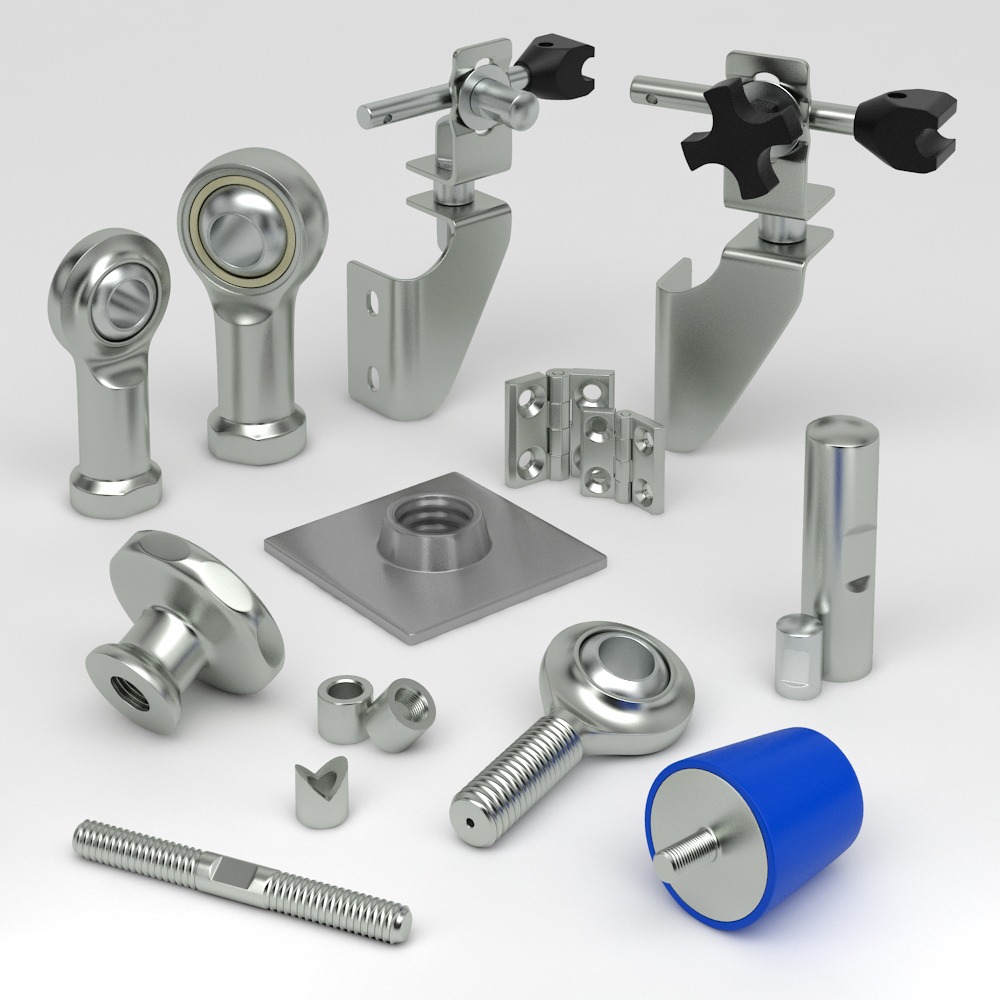
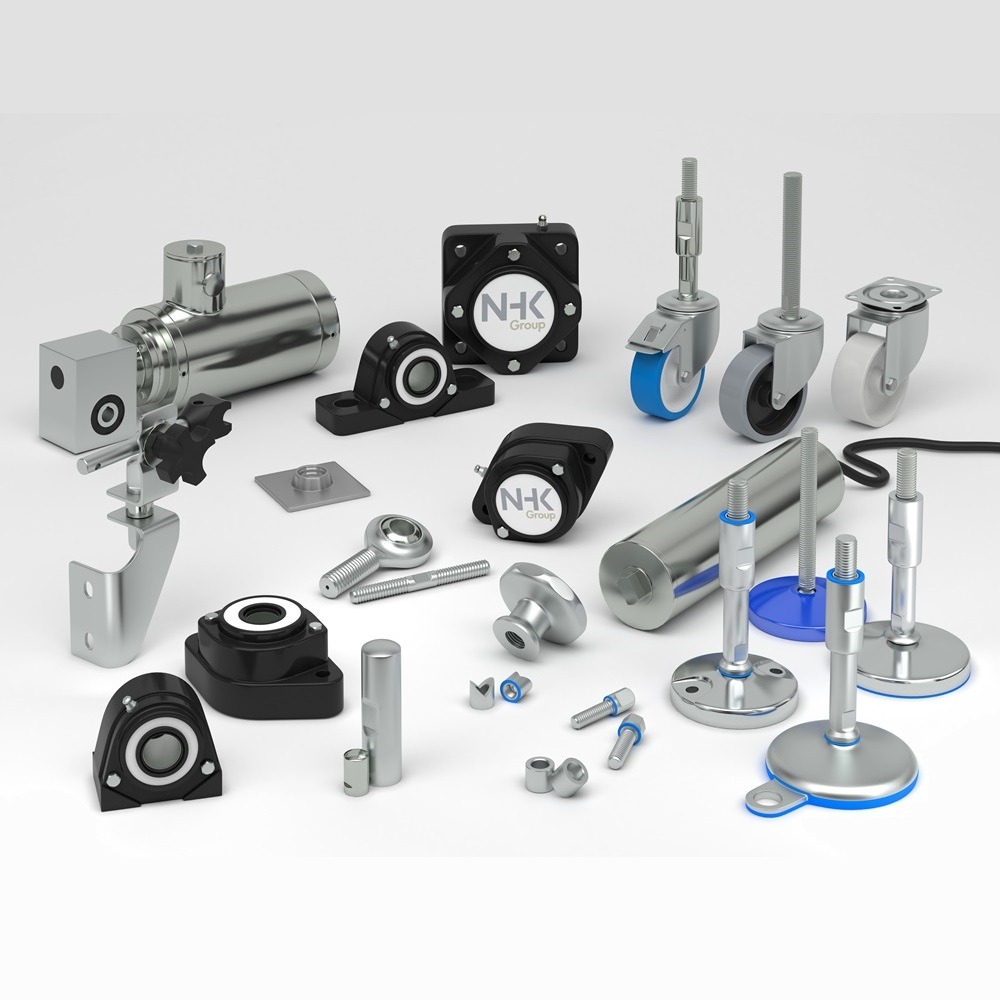
Contact
Understanding Machinery Components & Protection Standards
